Over decades, people have been paying more and more attention to dogs' physical and mental health as they may also suffer from the pain caused by mental illness. According to Dr. Gregory Burn's Research on dog emotions, it shows that the areas of the human brain that are active when experiencing certain emotions are also active in dogs. We can extrapolate from this data that dogs experience similar emotions when these areas are active. When pets are more integrated into our daily lives, they might be affected by people or the environment.
*While depression isn't typically diagnosed in dogs, vets and behaviorists want owners to become more aware of the signs to look out for.

1. How to confirm if my dog has depression?
According to Canine Journal dog depression is "Depression is a disorder characterized by persistent sadness and a lack of interest in previously rewarding or pleasurable activities. While being sad and feeling low from time to time is considered normal, the word “depression” can also mean sadness that persists, affecting concentration, energy, appetite, and sleep."
1) Behaviours
Does your doggo become more and more unsociable?
Dogs are nature extroverted creatures when they are healthy and happy. They give you a warm hug when you are home, and are happy to have you around. Thereby that means a dog with poor mental health can be abnormally introvert.
- hiding from you
- inactive with you
- sleeping more than usual.
* Or exceptionally become super needy without interaction if doggos get upset.
Is your pup being repetitive or tired?
Normally, dogs are energetic and love to play when you take them out. They are excited about going out, and they might exhaust you when it comes to fetching, chasing or other games. If your dog seems tired or lazy when you take them out, you might pay attention to it.
- walking slowly behind you
- sit down or lay down when you stop to chat with someone

Has your dog's sleeping pattern changed?
Dogs love to sleep, especially when their pawrents are away from home. But please be aware if they are not sleeping as they normally do, it might be a sign.
- still sleeping when you're back home
- no response when the postman or other dogs pass by the house
Has your dog's appetite changed?
Dogs with depression eat less and lose weight. However, just like people, some dogs can overeat when they are not feeling well. Pay attention to the following situations:
- not interested in their favorite food
- the drastic change in weight
Is your dog destructive and hostile?
Depressed dogs might bite down on shoes, walls, books, furniture, or pillows in the house when they can't go out often. They are irritable and even want to bite you when you try to interact with them.
2) Body language
Eyes
When dogs are in pain, nervousness, or depression, they always squint. Depressed dogs don't want to look at anyone, not even you.
*Of course, some dogs' eyes look sad when they are happy because they are born with droopy eyelids. So, you have to learn more and find out what kind of situation your dog is in.
Ears
Depressed dogs do not respond to the sounds around them when their ears are drooping. You call them by their name or take them out with their collar and leash, but they don't move.
Lowering the head
Do they have their heads lowered? Depressed dogs like to keep their heads down no matter if they sit or stand, and ignore what's going on around them.
Tucked tail
Sad dogs always have their tails tucked, even if you make them wag their tails, they are half-hearted.
Licking paws
Dogs lick their paws for comfort when they're depressed, be aware of their excessive licking.

Moving Slowly
Depressed dogs stand with their heads or tails lowered, move slowly, and show no interest in everything around them.
Excessive shedding
Dogs shed more than normal when they are depressed. You should notice that if there's a lot of dog hair after petting your dog or cleaning the house.
2. What tiggers dogs to get depressed?
If you suspect that a dog is suffering from depression, take a look back on what has changed or is changing in their life, like changes in their environment or social situations. Any significant change to a pet's normal routine can cause stress. Depression in dogs can be triggered by:
- chronic pain or chronic illness
- trauma
- lack of mental or physical stimulation
- empathy to a depressed or unhappy owner
- changes in the household
- isolation
*This is not a complete list, they might get depressed for many other reasons.
3. How to help out a drepressed dog?
"If you suspect that your dog is depressed, the first thing that you should do is to seek advice from your vet. Sudden behavioural changes are the initial signs of illness. Thus it
is important to check that these symptoms aren't happening due to a physical ailment before anything else," the experts say. Here are a few ideas from them:
See a vet
Contact your veterinarian when your dog is showing symptoms of depression. Your should take your dog to see a vet right away if they:
- are very lethargic or not eating
- have stopped improving
- develop other symptoms, like vomiting or diarrhea
Set up play dates
- invite some furry friends to your house
- take them to a dog park
- bring a new pet home
*You should not get a new pet solely to cheer your dog up, think about it seriously.

Increase mental and physical stimulation
- take them on extra/longer walks
- play fetch more often
- introduce a new toy to them (our interactive products may be the right fit)
- encourage them to do their favorite activities


Our interactive toys can cover your needs easily by offering much interaction and fun to people and pets. Wickedbone is a bone-shaped interactive gaming device for dogs that you can control through the app on iOS / Android. Wicked Ball and Wicked Ball SE are 100% automatic self-moving balls both featured with 3 interaction modes. All of these 3 products are rechargeable, and so do our other toys.
To cheer a depressed dog up, Cheerble is here to help.
Keep a regular routine
- head out for a walk at a similar time each day
- offer dinner at a similar time every day
- give them a hug when you go to work

Make sure they are eating
- add a topper to their food
- do not change their diet completely or abruptly
Dogs are humans' best friends, but sometimes we might not realize that a dog could suffer poor mental health, although many people assuming they are happy all the time. Similar to us, depression and its effects can be different on different dogs. With the right support and treatment, you can help your beloved puppy through emotionally distressing times.


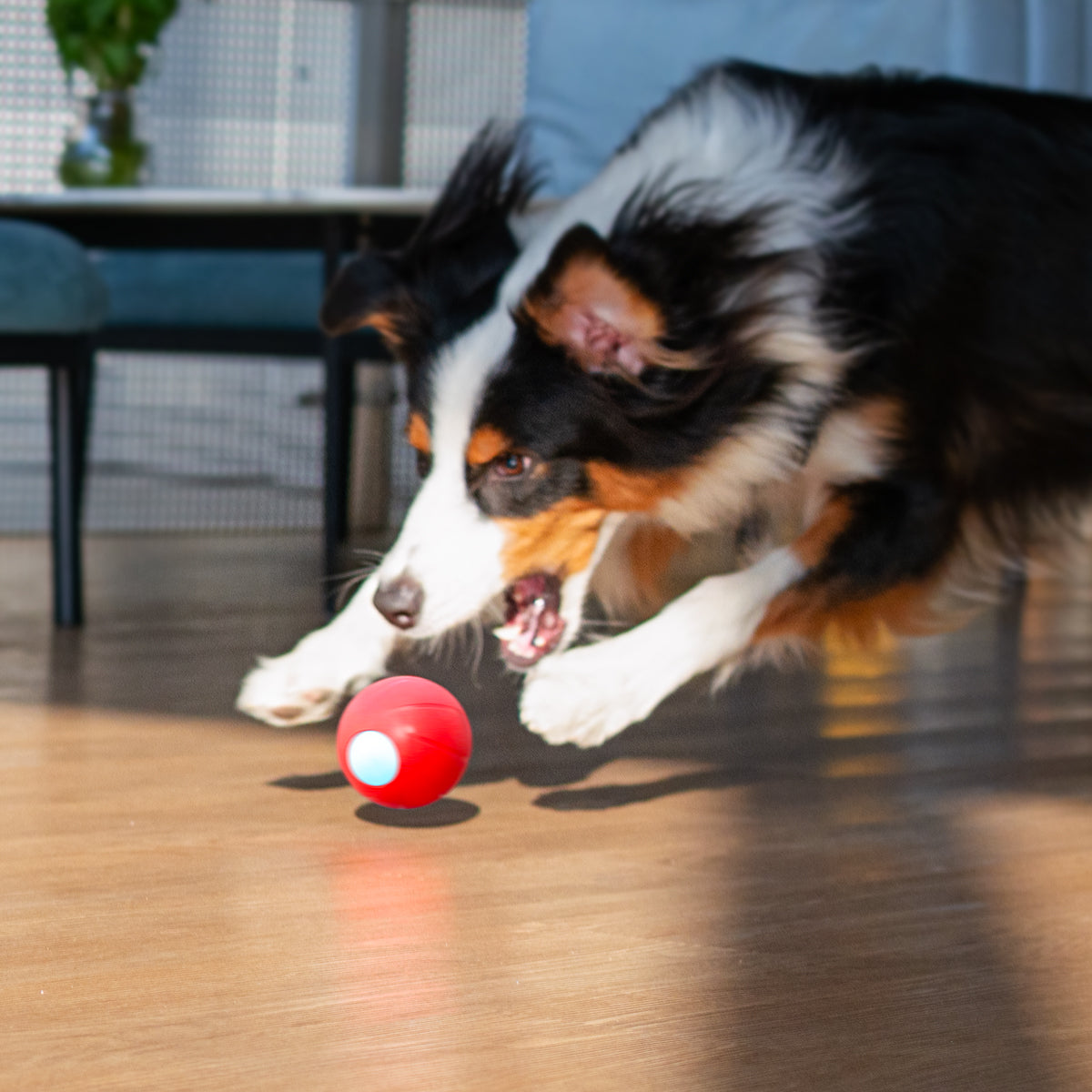
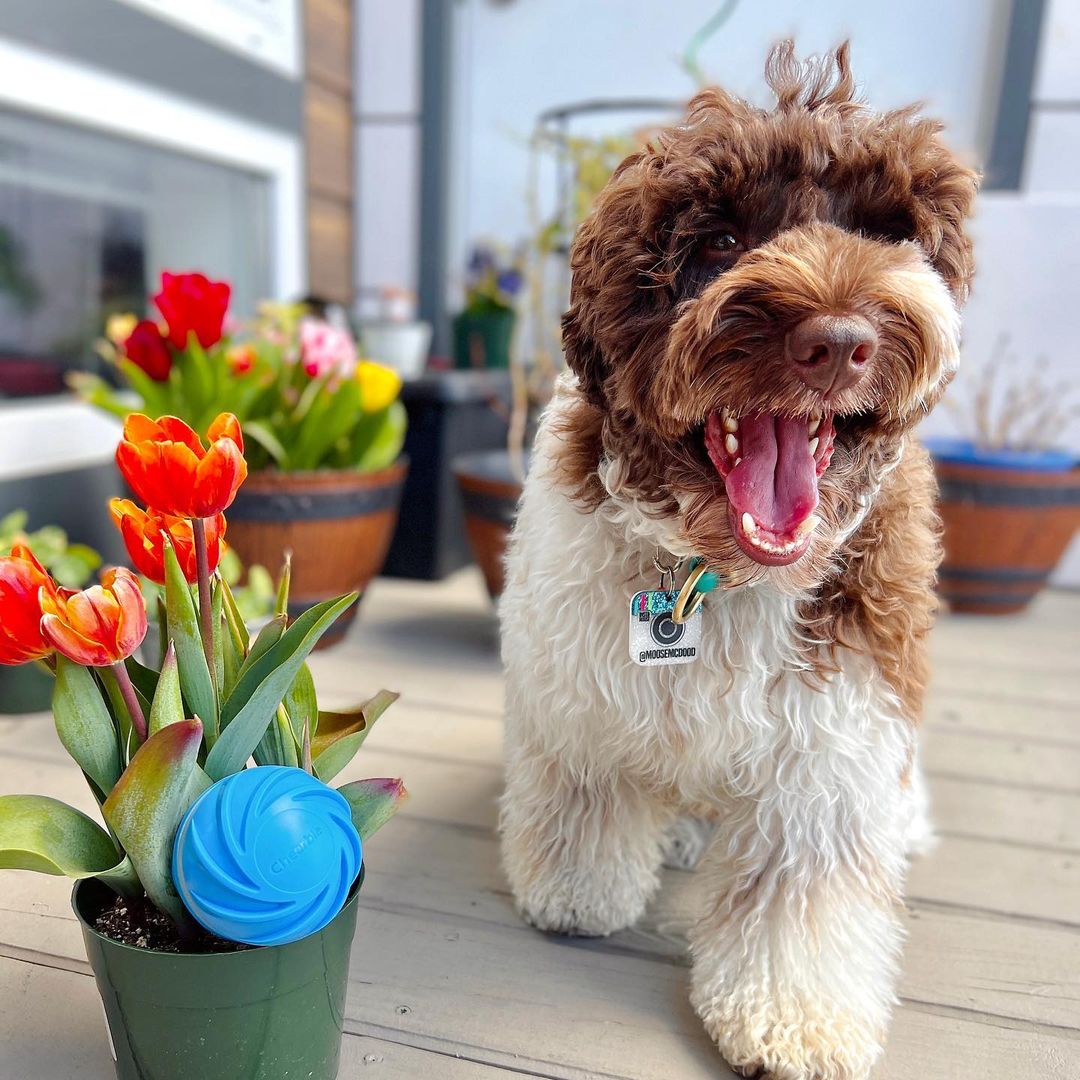











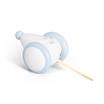


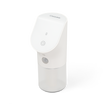
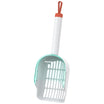




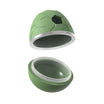






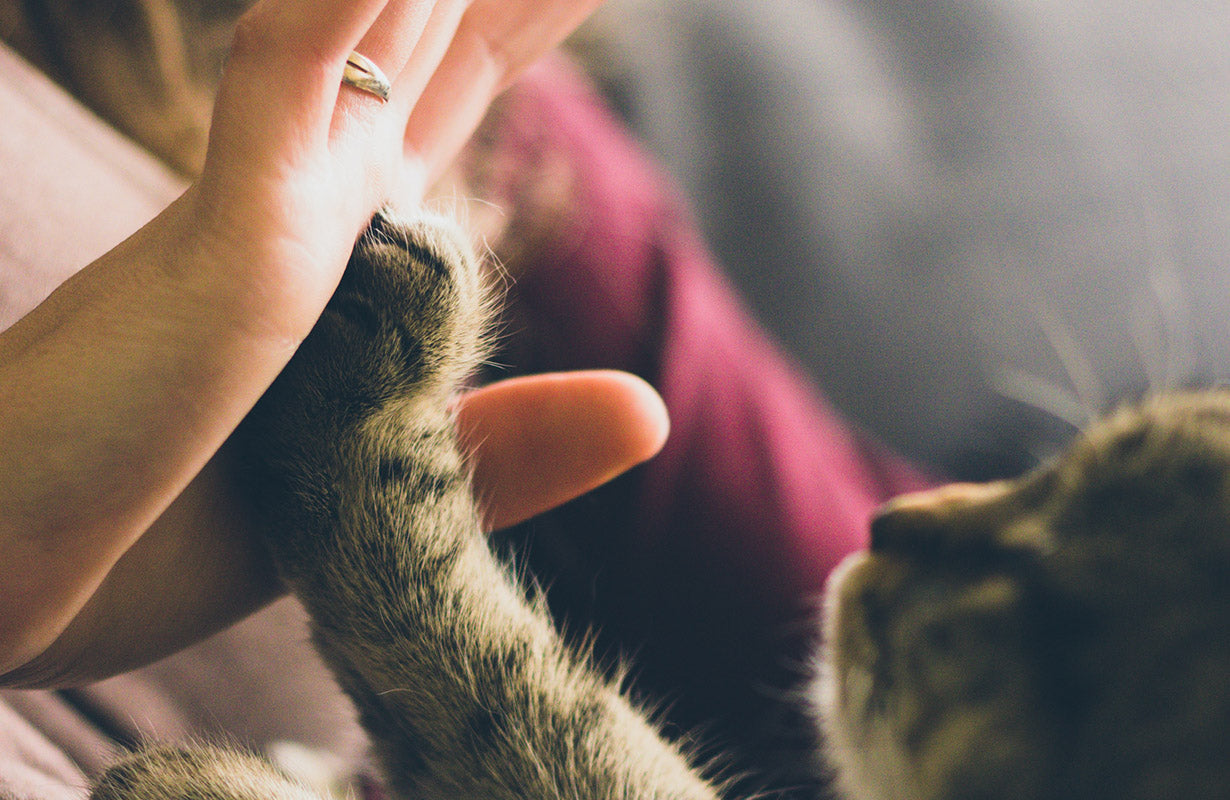
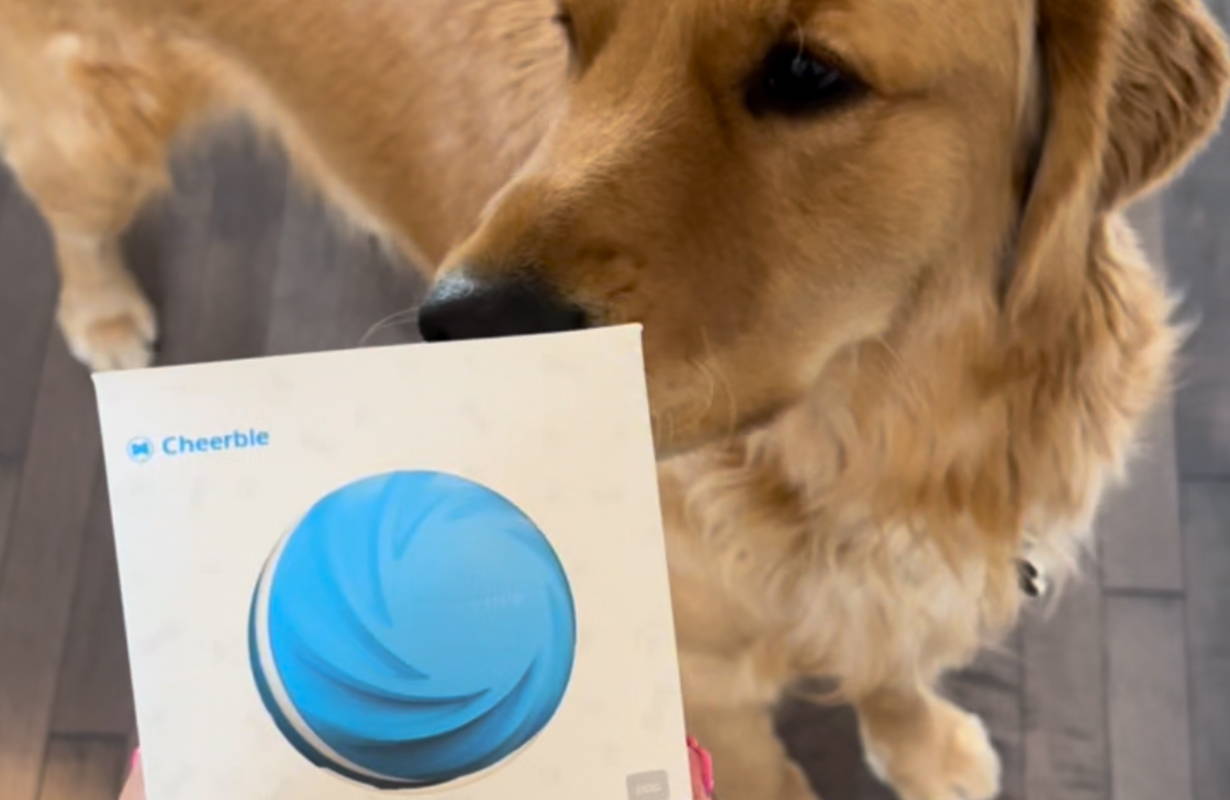
Leave a comment
All comments are moderated before being published.
This site is protected by hCaptcha and the hCaptcha Privacy Policy and Terms of Service apply.